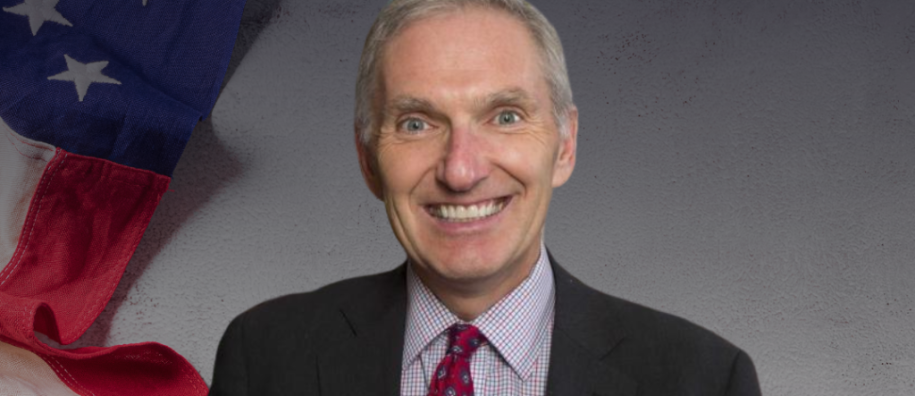
David Schultz, Professor of Political Science at Hamline University, USA, Visiting Professor at Mykolas Romeris University (MRU) and member of the MRU LAB Justice Research Laboratory.
The Donald Trump Kamala Harris US presidential debate was highly anticipated, with the stakes high for both. But despite what many people say, that Harris was the clear winner, it is not clear if the debate changed many minds, especially among those swing voters in the critical swing states that will decide the 2024 presidential election.
Kamala Harris came into the debate tied nationally, as well as in the critical six or so swing states that will determine the election. Going into the Democratic National Convention, Harris had significant momentum, overcoming the deficit that Joe Biden had against Donald Trump. She had pulled Harris even with Donald Trump in the opinion polls, as well as the enthusiasm factor among voters.
However, coming out of the Democratic Party convention, she did not get the public opinion bump many expected, and her momentum had halted. At the same time, Donald Trump had been struggling politically for the last few weeks. He, too, did not get a bump coming out of the Republican Convention, and was having difficulty addressing abortion and reproductive rights as an issue.
For Harris, her debate strategy was to introduce herself, distance herself from Joe Biden, and to provoke Donald Trump into going off message, Trump needed to focus on the issues of immigration and the economy, where the public expressed more support for him. He needed to also stay away from conspiracy theories, anger, and any type of attacks.
Harris largely stuck to her game plan. She was composed and dismissive of Donald Trump, and provoked him into anger and to being off message. Most of the major media outlets in the United States, including the New York Times, Washington Post and The Wall Street Journal, declared that Harris won the debate, both in style and substance.
Among notable issues of concern is when Donald Trump was asked if he wanted Ukraine to win the war against Russia he never answered the question. He merely indicated that he wanted the war to end without describing a game plan or strategy for what to do. He also praised Viktor Orban as a leader, both his views on Ukraine and Orban should be of concern to those interested in NATO and US support for European security.
Despite the fact that Harris appeared to win, it is still not clear how much of a difference it will make. Among the few swing voters who were surveyed they said she clearly won, but did not indicate how it would affect their vote, if at all. According to polls going into the debate, barely two to three percent of the American public is undecided. Often undecided voters choose not to vote, but if they do often, 60% or so break against the incumbent. Harris is still viewed as the incumbent and the fact that she did not at least preliminarily bring over the swing voters to her side, should be of some concern.
The big issue now will be how the debate performances impact the political bases for Trump and Harris. Trump's base is already motivated to show up and vote. Harris still needs to solidify her base and still to ensure that they are motivated. Perhaps most significantly, at the end of the debate, music star Taylor Swift came out to endorse Kamala Harris. Swift said she would vote for her in 2024 this may be even a more significant bit of news. Were Harris able to convert Swift's statement of support into motivating her fans to vote for her, this could, in fact, make a big difference in the 2024 election.
The question will be, did this debate make a difference. Over the next few days we will see what the polls suggest.